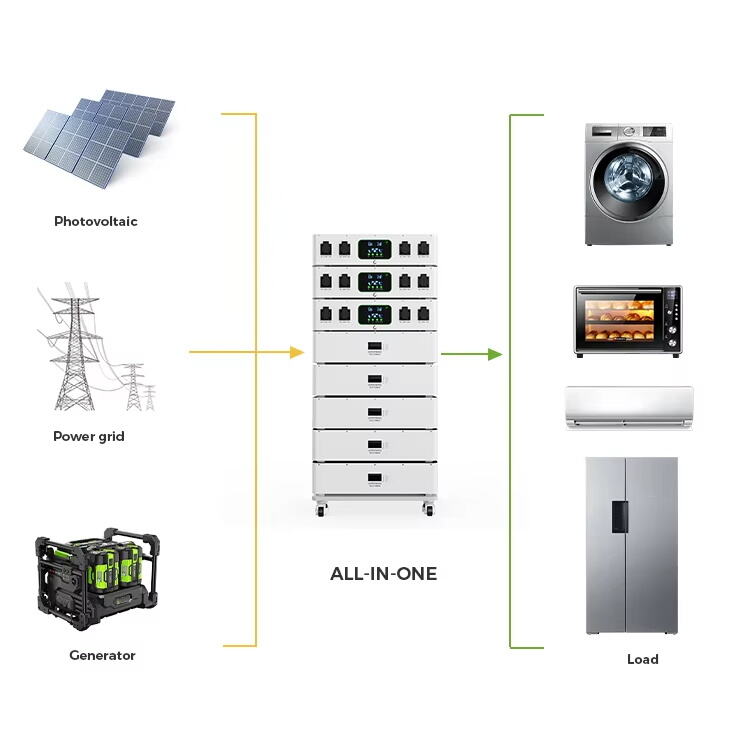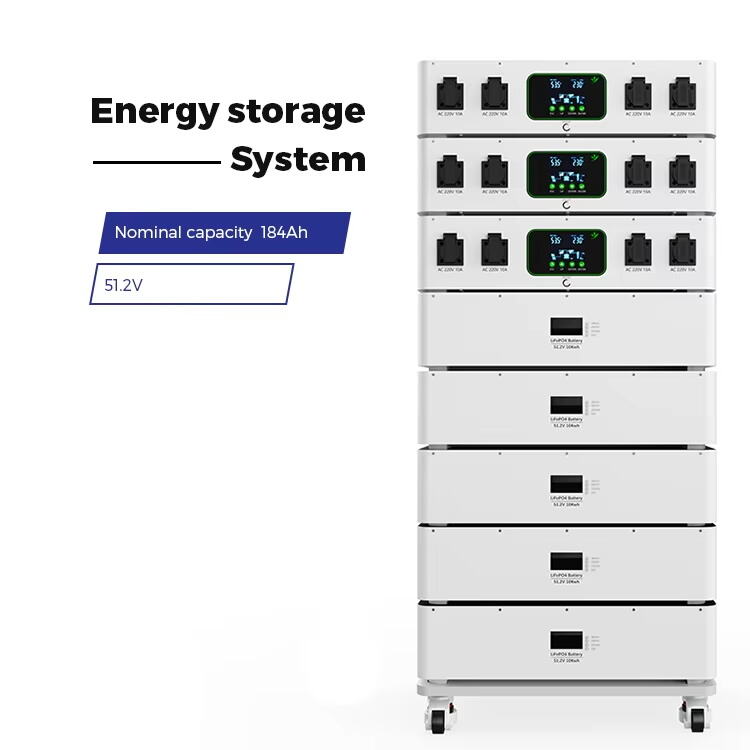Reliable Power Anywhere for Outdoor Living
Camping and RV life offer freedom and adventure, but they also demand smart preparation. Among the essentials, a portable power station stands out as one of the most important tools for modern outdoor living. Whether you’re off-grid in the mountains or parked at a remote lake, staying powered means you can light up your tent, charge your devices, and keep your appliances running smoothly.
Choosing the right portable power station is not just about capacity—it’s about matching your specific outdoor needs with the right technology. From battery life and output options to weight and durability, each feature plays a key role in supporting your lifestyle on the road or in the wild.
Essential Features for Outdoor Power
Power Capacity for Daily Use
One of the first factors to consider in a portable power station is its battery capacity, typically measured in watt-hours (Wh). A unit with 300Wh might be enough for short camping trips where only phones, lights, and small devices are used. However, for RV users who run small appliances or CPAP machines overnight, models with 1000Wh or more provide the necessary support.
Higher-capacity stations not only run more devices but also reduce the need for frequent recharging. This is crucial in remote areas where solar panels or vehicle charging may be your only options.
Output Options and Device Compatibility
A good portable power station must support multiple device types. Look for stations that offer a mix of AC outlets, DC ports, USB-A, and USB-C connections. Some advanced models include wireless charging pads or car charging sockets, which are ideal for families and groups with diverse power needs.
Make sure the total output power matches your most demanding device. If you plan to run a coffee maker, small fridge, or electric grill, you’ll need an inverter with a high continuous wattage rating and possibly surge protection.

Practical Considerations for Mobility
Portability and Weight Management
While high-capacity units are powerful, they also tend to be heavier. Balancing power and portability is key. A compact portable power station under 10kg is perfect for hiking or solo camping. For RV setups where space and mobility matter less, heavier units can be justified for their extended usage time.
Wheeled designs or built-in handles can help improve maneuverability, especially for heavier models. If you travel frequently, these small design choices make a big difference in day-to-day convenience.
Durability in Outdoor Conditions
A portable power station built for outdoor use must withstand rough handling, varying temperatures, and occasional moisture. Choose products with a sturdy ABS or aluminum shell, shock-resistant design, and ideally an IP rating that protects against light rain or dust.
Some models are even equipped with temperature control or battery management systems that extend lifespan and prevent overheating. These safety features are essential for long-term performance and peace of mind in unpredictable environments.
Enhancing Camping and RV Experiences
Solar Charging for Sustainable Energy
A major benefit of a portable power station is its compatibility with solar charging. Pairing your station with a foldable solar panel allows you to stay powered indefinitely in sunny regions. Solar setups are silent, eco-friendly, and perfect for long-term boondocking or remote adventures.
Not all models include solar input, so be sure your chosen power station supports this feature. Some units also support MPPT technology, which improves charging efficiency even in cloudy conditions.
Quiet Operation for Peaceful Environments
Unlike gas generators, a portable power station is virtually silent. This is particularly beneficial when camping in nature reserves or enjoying quiet evenings by the campfire. Noise-free power enhances the experience and doesn’t disturb fellow campers or wildlife.
Quiet performance is also vital when the station is used overnight inside an RV, especially for medical devices or low-draw electronics. The ability to maintain comfort without any noise adds a layer of luxury to your outdoor living.
Brand Trust and After-Sales Support
Manufacturer Reliability and Product Warranty
When selecting a portable power station, choose from manufacturers with strong reputations for product quality and safety. Reliable companies typically offer long-term warranties and access to replacement parts, which can be essential for users relying on the product during travel.
In addition to warranty coverage, excellent customer service makes a difference when you need troubleshooting, updates, or guidance. A trusted manufacturer ensures your power solution performs as promised, every time.
Customization and Accessory Compatibility
Some brands offer modular features such as expansion batteries, detachable lights, or external control panels. These add-ons allow your portable power station to evolve with your needs. For instance, a weekend camper might later become a full-time van-lifer who needs more capacity or solar integration.
Look for stations that are compatible with third-party accessories as well. Flexibility adds value and ensures you don’t have to upgrade your entire system to gain new features.
Frequently Asked Questions
How long can a portable power station run my devices?
It depends on the battery capacity and the power consumption of each device.
A 500Wh station can run a 50W light for 10 hours or charge a phone over 30 times. Always calculate the total watt-hour draw of your equipment to plan accordingly.
Can I use a portable power station while it is charging?
Yes, most modern models support pass-through charging.
This allows the station to provide power to your devices while simultaneously receiving power from a wall socket, solar panel, or car outlet.
What’s the difference between a portable power station and a generator?
Generators run on fuel and are noisy and heavier.
Portable power stations are battery-based, clean, and much quieter, making them ideal for camping, van life, and indoor use.
Do I need a solar panel for my portable power station?
Not necessarily, but it adds long-term convenience.
A solar panel allows you to charge your station off-grid, which is useful for extended camping trips or eco-friendly energy use.

